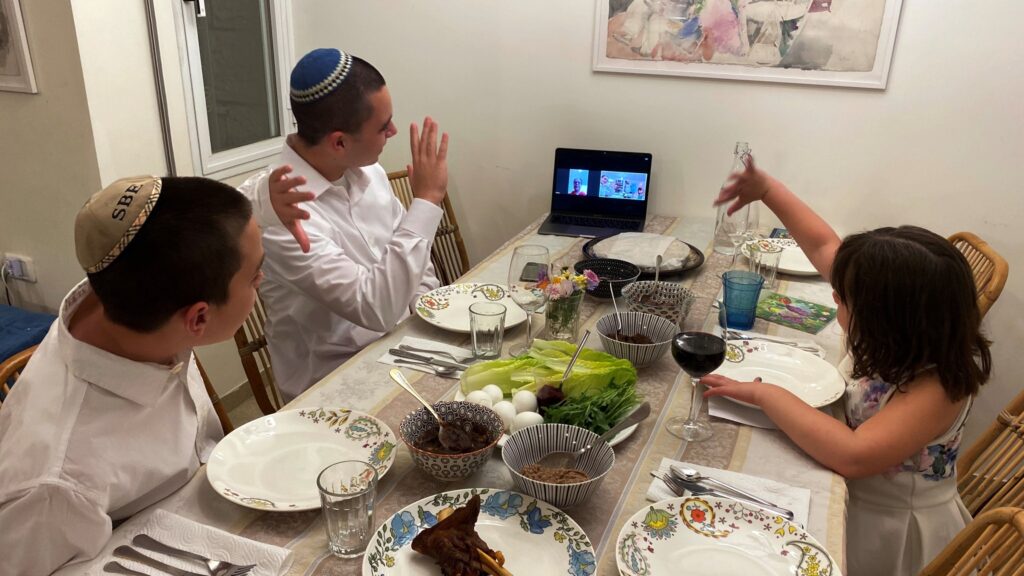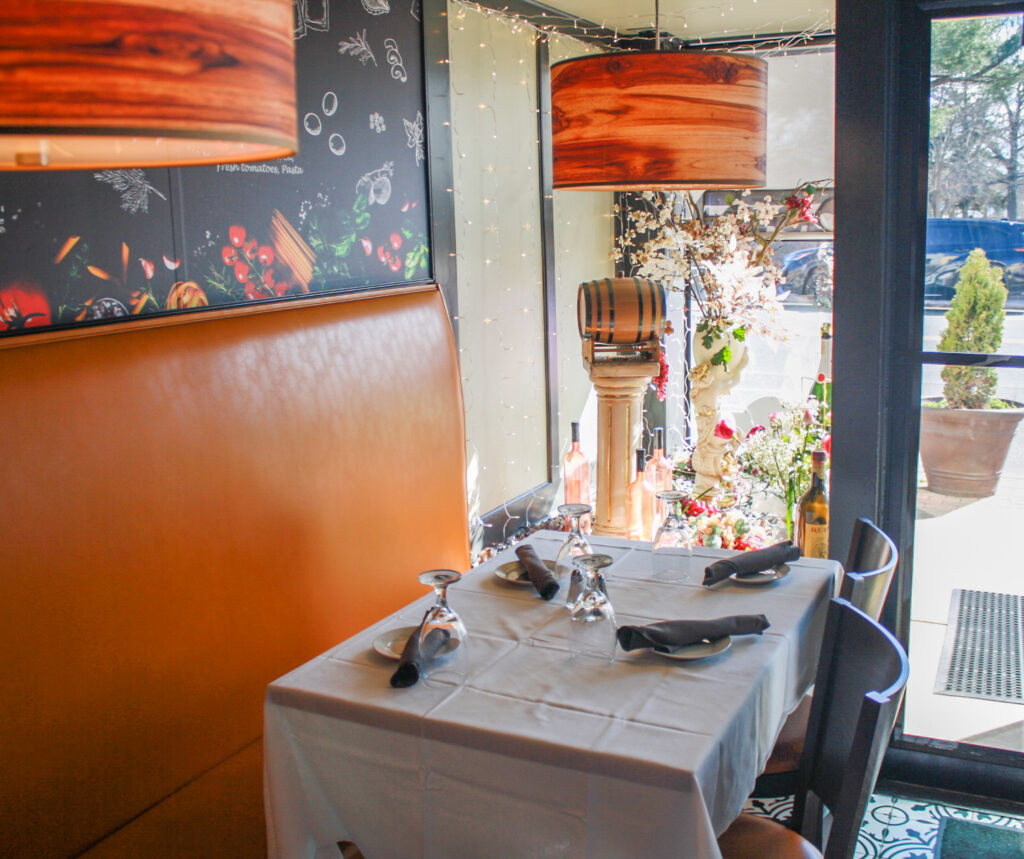
Photo courtesy of Reuters
From March 28 to April 4 this year, Jews celebrated Passover — also known as Pesach — which commemorates the freedom of the Hebrews from enslavement in Egypt. To Rabbi Bruce Alpert of Wallingford’s Beth Israel Synagogue, Passover is the “festival of freedom.”
On the first night, Jews hold an especially big celebration that includes a special dinner called a Seder. At the Seder, prayers, recitation of scripture, and foods representing the enslavement and liberation of the Israelites are shared. A popular Passover Seder food is matzah, also known as “poor man’s bread,” as opposed to “rich man’s” leavened bread that is consumed throughout the rest of the year. An employee at New Haven’s Edge of the Woods Market, Mr. Nathan Dodge did not even have time to properly inventory the matzah they sold because “it went so fast.”
Preparations are a major aspect of Passover. Jews spend at least three to five days preparing for the eight days of Passover. Cleaning is an essential part of these preparations. Rabbi Alpert described the process of gearing up for the holiday as “fairly rigorous.” He said, “We are not not allowed to eat anything non-kosher — no bread or pasta, no grains. We clean our houses out of all agents containing leaven.”
This ratcheting up and clearing out of kitchens highlights the relationship between Jewish people and the non-synagogue establishments that they patronize. For example, Mr. Dodge said because they knew “kosher pizza would be really busy that week because everybody [was] covering their kitchens … [it] was nice that we could offer pizza.”
In line with Jewish traditions and their emphasis on community, Passover is meant to be spent with family and friends. Since 2020, Jewish communities have had to adjust in order to navigate the Covid-19 pandemic. Many ceremonies and traditions have been moved to Zoom or are held in small, physically-distanced groups.
Rabbi Alpert reflected on how older members of the synagogue have been affected by these changes saying, “Older folks couldn’t get out and haven’t experienced the ‘community feel’ in over a year.” Fortunately, while the coronavirus has stymied festivities, it has reignited also community. At Edge of the Woods, Mr. Dodge reported being busier [this year and in] 2020 because all the other shops were closed.”
While celebrations have been altered, the history and culture surrounding Passover is still intact. “To me, Passover has always been this idea of retelling the story,” Zoe Fleischman ’23 explained. Part of this retelling includes emphasizing the experiences that can be done intimately at home. Fleischmann continued, “My family used the same Haggadot for years, so it is interesting to think about the texts of Passover as I grow over the years” she continued. Since it is such a joyful and important holiday, Passover has persevered in spite of all the barriers the pandemic poses, to deliver light in these dark times.




